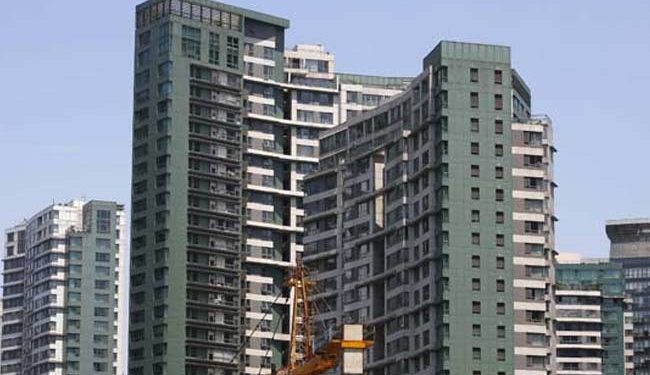New Delhi: Indian real estate investments grew by 32 per cent Y-o-Y to an all-time high of USD 7.8 million, according to consulting firm CBRE South Asia Pvt Ltd.
On a quarterly basis, investments in Indian real estate stood at USD 2.3 billion in the October-December quarter, growing by 64 per cent Q-o-Q and 115 per cent Y-o-Y, CBRE said in its report titled ‘India Market Monitor 2022’.
Foreign investors took the lead with a 57 per cent share in the overall Real Estate investment volume in 2022. Investors from Canada accounted for nearly 37 per cent of the foreign capital inflows, followed by those from the US (15 per cent).
It said that Domestic investors contributed the remaining 40 per cent of the total investment in 2022.
Overall, institutional investors led the 2022 investment activity with a share of nearly 51 per cent, followed by developers at 32 per cent.
Delhi-NCR led investment activity, followed by Mumbai; cumulatively, the two cities accounted for over 56 per cent share of the investments in 2022. Land and development sites dominated investments with a share of 48 per cent, followed by the office sector with a 35 per cent share. About 44 per cent of the capital inflows in site/land acquisitions were deployed for residential developments, while 25 per cent went into mixed-use developments, said the report.
Anshuman Magazine, Chairman & CEO – India, South-East Asia, Middle East & Africa, CBRE, said: “The record investment inflows, the highest ever for the sector, reflect the resilience and growth potential of the Indian real estate sector.
“Undeterred by global headwinds, equity inflows into the sector are expected to remain steady in 2023. Additionally, we hope to see the listing of India’s first retail REIT in 2023, which would enable investors to expand their investment horizons.”
Gaurav Kumar, Managing Director, Capital Markets and Residential Business, CBRE India, CBRE India, said, “There is a possibility that some large institutional investors could diversify their portfolios by incorporating industrial and logistics (I&L), retail, and Date Centre (DC) assets. We may potentially see a few new sets of investors in the real estate segment.”
On Investment Outlook, the report said that Capital flows are likely to remain steady; investors are expected to remain cautious amidst recessionary fears in the US and Europe. The year 2023 could see the listing of India’s first retail REIT, which would widen investment avenues for investors.
While a few large institutional investors with a strong presence in the office sector in India could diversify their portfolios by including I&L, retail and DC assets, we could also see the entry of some new investors in the Indian RE landscape.
It said that partnership models could gain prominence to mitigate risk and navigate operational challenges, especially amidst external uncertainties in the Indian RE landscape. Higher financing costs amidst elevated levels of policy rates due to sticky inflation could impact returns in the short term, it added.
IANS






































